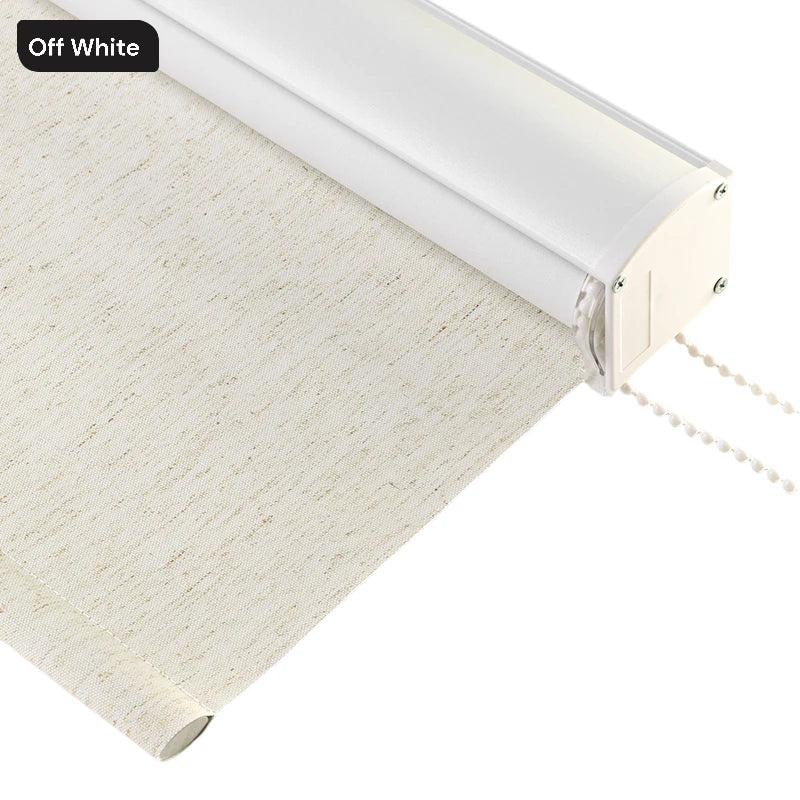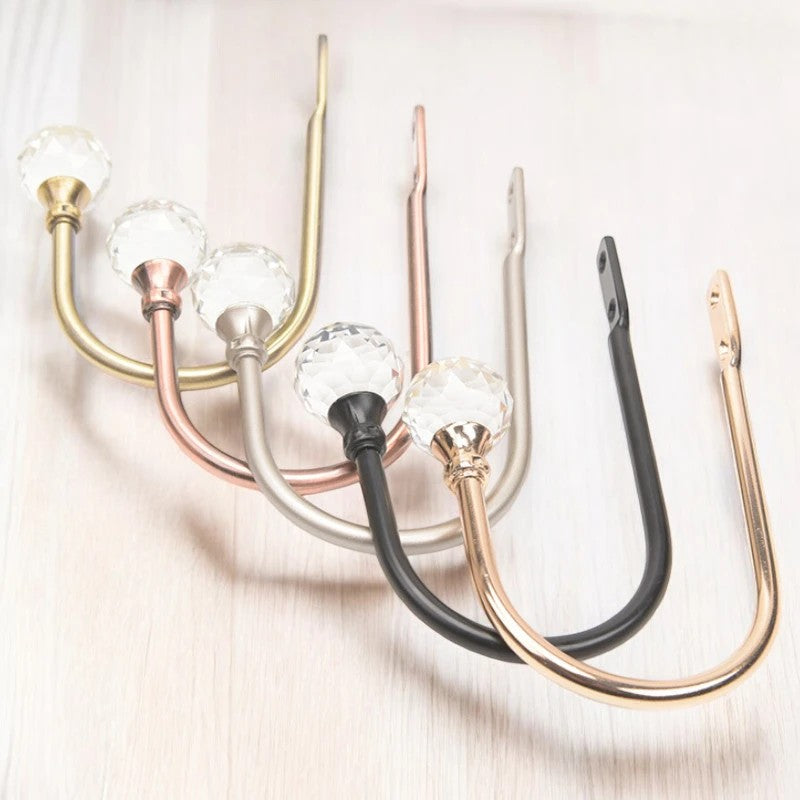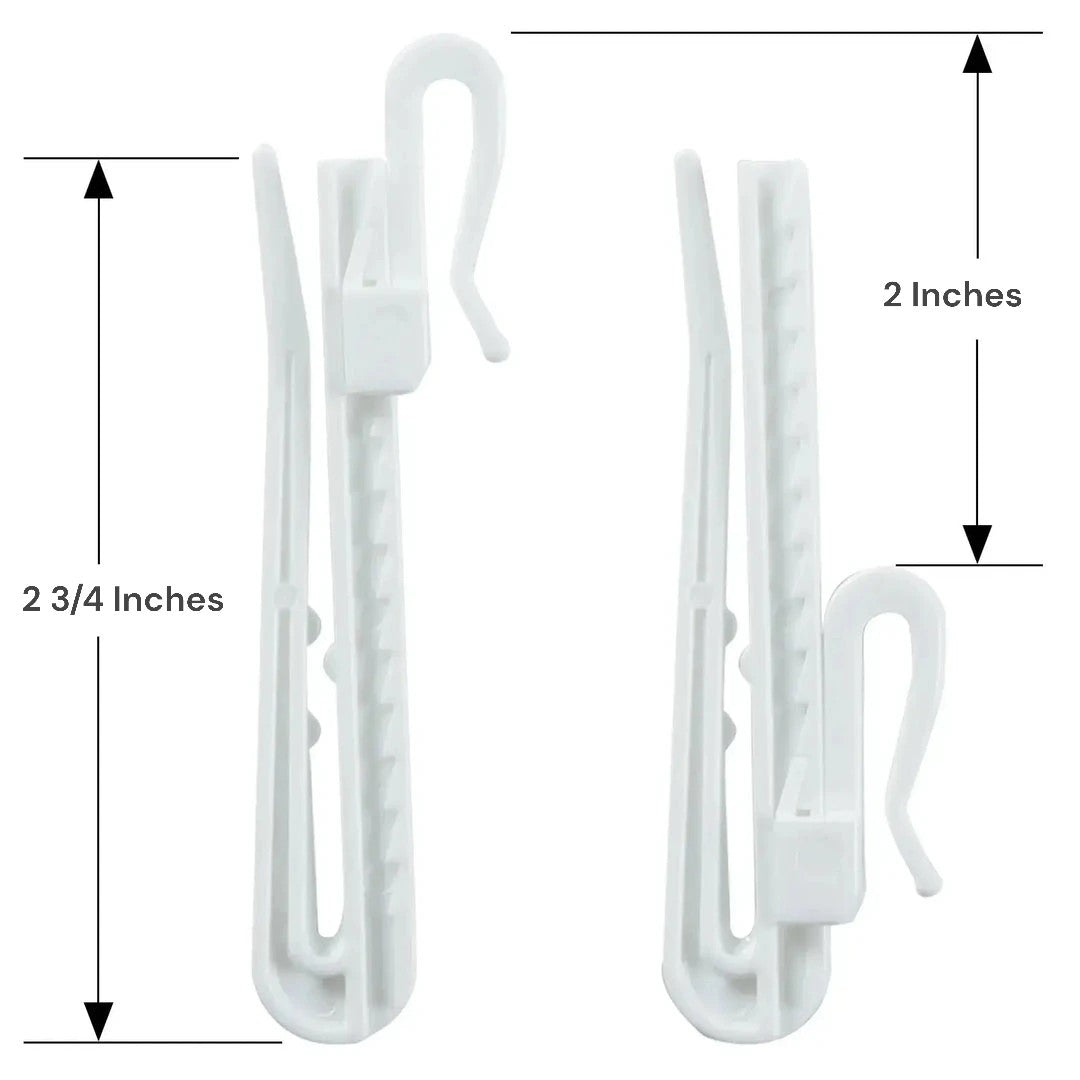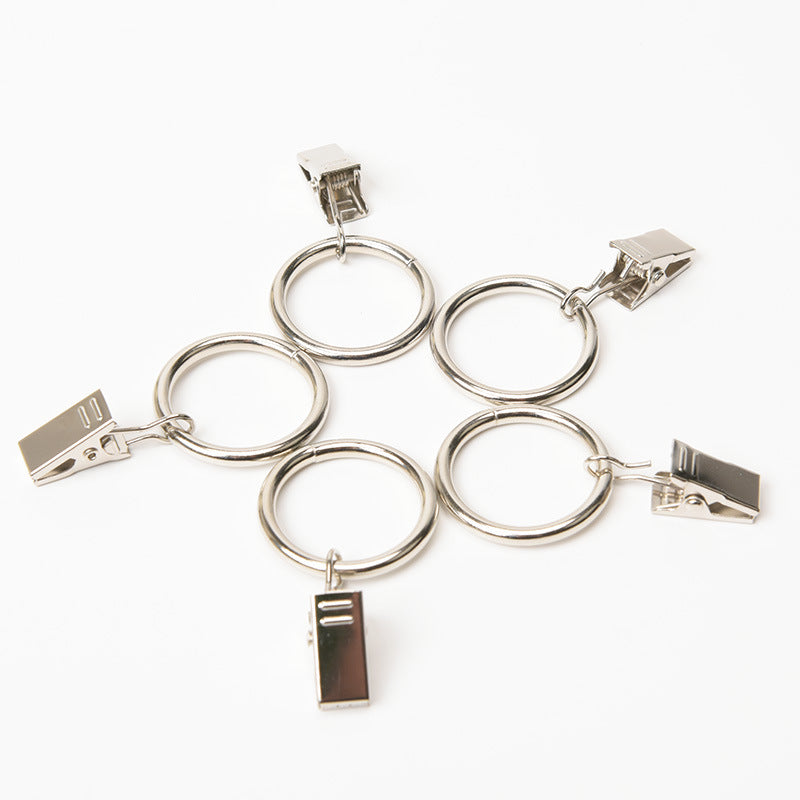can you wash curtains in washing machine?
Many people wonder if it's safe to wash their curtains in a washing machine. We're here to answer that question and provide you with valuable insights on how to properly care for your curtains. Whether you're dealing with delicate cotton curtains or sturdy cotton/poly blends, we've got you covered. With our expert guidance, you'll be able to maintain the beauty of your curtains and extend their lifespan.
Key Takeaways
- Check the care instructions before washing your curtains in a machine.
- Light materials such as cotton or cotton/poly blends are generally safe for machine washing.
- Use the gentle cycle and cold or cool/lukewarm water.
- Avoid using hot water, bleach, or non-machine specific chemicals.
- Air-dry or use a no-heat setting in the dryer for best results.
Best Practices for Washing Curtains
Follow these best practices to properly wash your curtains and keep them looking their best. Curtains can accumulate dust, pet hair, and other dirt over time, so it's important to establish a regular cleaning routine to maintain their freshness and prolong their lifespan.
If your curtains are machine washable, start by checking the care instructions. Most curtains made from light materials such as cotton or cotton/poly blends can be safely washed in a washing machine on the gentle cycle with cold or cool/lukewarm water. Avoid using hot water, as it can cause shrinkage or damage the fabric. It is also advisable to skip the bleach and refrain from using chemicals not specifically meant for washing machines.
Here are some steps to follow when washing your curtains:
- Remove any hooks, drapery pins, or other hardware from the curtains.
- Place the curtains in a mesh laundry bag or pillowcase to protect them from snagging or tangling.
- Set your washing machine to the gentle cycle and use cold or cool/lukewarm water.
- Add a mild detergent suitable for delicate fabrics.
- Start the washing machine and let it complete the cycle.
- After washing, hang the curtains to air-dry or tumble them in a dryer on a no-heat or low-heat setting.
- If needed, iron or steam the curtains before rehanging them to remove any wrinkles.
"Properly washing and maintaining curtains is essential to keep them looking fresh and beautiful. By following these best practices, you can ensure that your curtains remain clean and in excellent condition."
It's important to note that heavy drapes made from thick or delicate fabrics, as well as lined curtains, may require special care. These types of curtains are best left to professional dry cleaners to avoid any potential damage or shrinkage. Always check the care instructions or consult with a professional if you are unsure about the best method for cleaning your curtains.
Remember, the frequency of curtain cleaning depends on your lifestyle and household functionality, but it's generally recommended to clean them or have them cleaned about once per year. By following these best practices and providing regular care for your curtains, you can keep them looking fresh and beautiful for years to come.
| Material | Machine Washable | Special Care Instructions |
|---|---|---|
| Cotton | Yes | Avoid bleach and hot water |
| Cotton/Polyester Blend | Yes | Avoid bleach and hot water |
| Sheer or Lightweight Fabrics | Yes | Use a mesh laundry bag or pillowcase |
| Heavy or Delicate Fabrics | No | Professional dry cleaning recommended |
Conclusion
Taking proper care of your curtains will not only keep them looking beautiful but also extend their lifespan. To ensure your curtains remain in great condition, it's important to follow a few key curtain care tips and maintenance techniques.
If your curtains are machine washable, it is generally safe to launder them in a washing machine. However, always check the care instructions first to determine the recommended cleaning method. Light materials like cotton or cotton/poly blends can usually be washed on the gentle cycle with cold or cool/lukewarm water. Avoid using hot water, bleach, or non-approved washing machine chemicals.
After washing, you can either air-dry your curtains or use a no-heat setting on your dryer. If your curtains are wrinkled, consider ironing or steaming them before rehanging to achieve a smooth, polished look. It's important to note that heavy drapes made from thick fabric or lined curtains may require professional dry cleaning to ensure their preservation.
As for the frequency of curtain cleaning, it generally depends on your lifestyle and the functionality of your household. However, it is recommended to clean your curtains or have them professionally cleaned at least once a year to remove dust, dirt, and allergens that can accumulate over time.
By following these curtain care tips, you can keep your curtains looking fresh and vibrant while prolonging their lifespan. Remember to always consult the care instructions provided with your curtains, and when in doubt, seek professional advice to ensure the best care for your specific curtain type.
FAQ
Q: Can I wash curtains in a washing machine?
A: Yes, curtains can generally be washed in a washing machine. However, it's important to check the care instructions and determine whether your curtains are machine washable.
Q: What type of curtains can be machine washed?
A: Curtains made from light materials such as cotton or cotton/poly blends are usually safe to machine wash on the gentle cycle with cold or cool/lukewarm water. It is recommended to avoid using hot water, bleach, or chemicals not specifically marketed for washing machines.
Q: How should I dry curtains after machine washing?
A: After washing, curtains can be air-dried or tumbled in a dryer on a no-heat setting. Ironing or steaming the curtains before rehanging them can help remove wrinkles.
Q: Can heavy drapes or lined curtains be machine washed?
A: Heavy drapes made from heavy fabric and lined curtains should be professionally dry cleaned to avoid any damage.
Q: How often should I clean my curtains?
A: The frequency of cleaning curtains depends on your lifestyle and the functionality of your household, but it's generally recommended to clean them or get them cleaned about once per year.
























